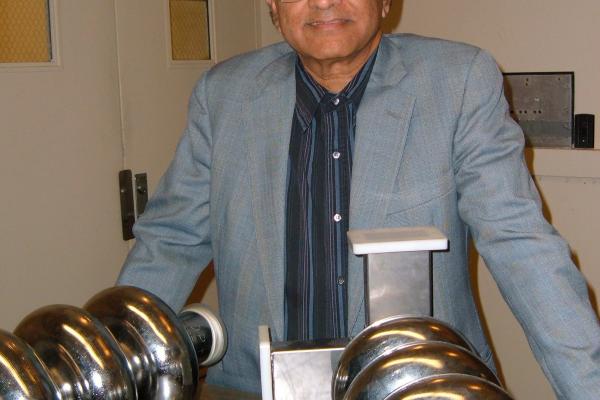
The ILC has been "in the air" now since the publication of TDR (Technical Design Report) in 2013 under Barry Barish as the head of the GDE (Global Design Effort). ( I was a member of the GDE. ) The accelerator has since evolved to start as a high intensity Higgs-physics machine at 250 GeV, instead of the original design energy of 500 GeV. This first stage will allow a cost reduction of about 40% from the TDR. The world High Energy Physics community awaits a decision from Japan to acccept the challenge to build ILC with global participation. The decision is likely to come by the end of 2018.
This talk will give a description of the ILC, the core superconducting acceleration technology and the physics potential for the Higgs. It will conclude with a prediction about the impending decision, and of course the basis for that prediction.
